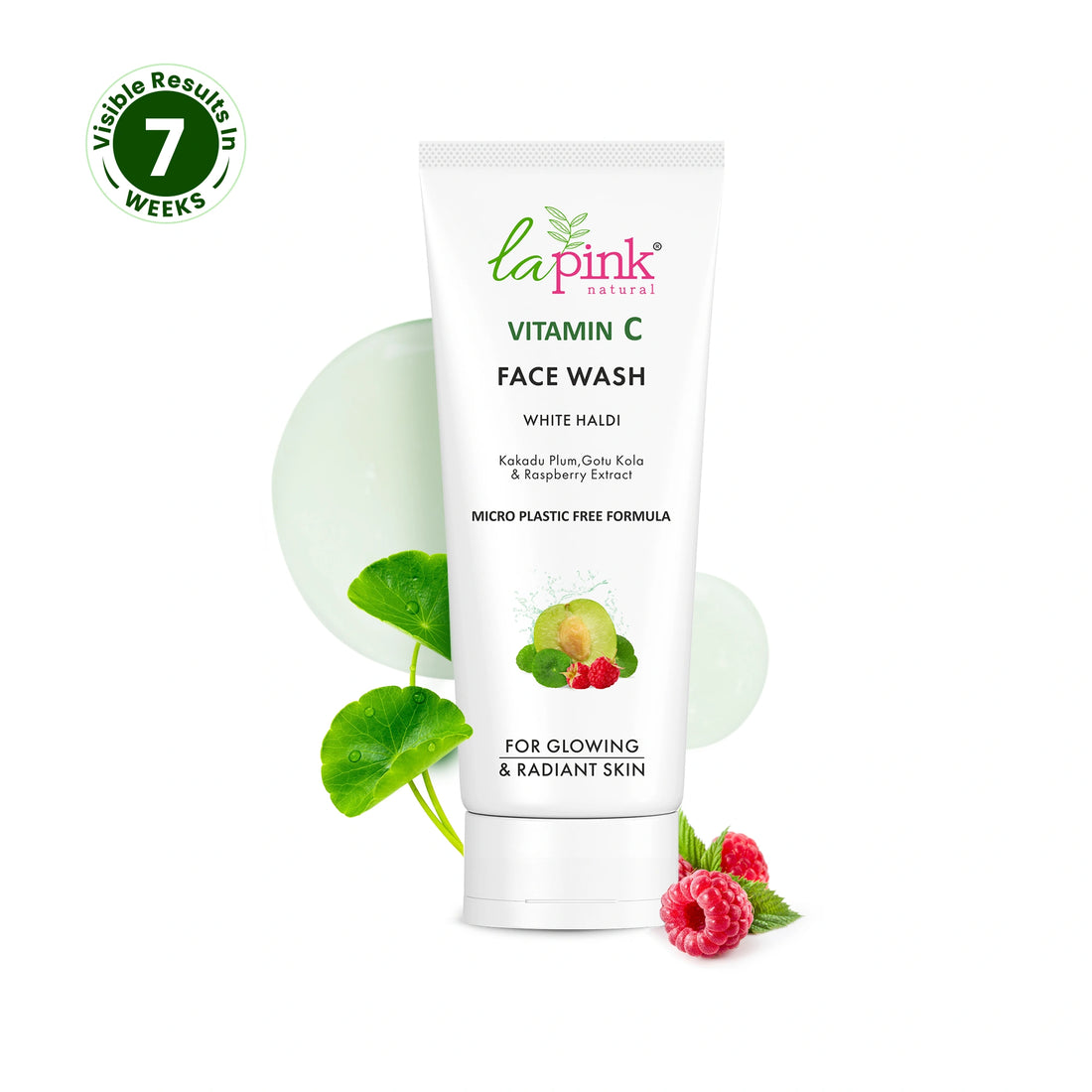How C12-15 Alkyl Benzoate is Used in Skincare Products?
1. Sunscreens
Usage: 3–10%
Used as a solvent for oil-soluble UV filters like avobenzone and octocrylene, C12-15 Alkyl Benzoate enhances spreadability, improves absorption with a non-greasy finish in sunscreens.
2. Moisturizers and Lotions
Usage: 1–5%
Known for its emollient and silky-smooth feel, C12-15 Alkyl Benzoate improves the glide and texture of creams without heaviness. Also, for being non-comedogenic, it is a safe choice for acne-prone skin.
3. Primers and Makeup
Usage: 2–6%
C12-15 Alkyl Benzoate is used in foundations, primers, and BB creams for a smooth, velvety finish that is also long-lasting.
4. Hair Conditioners and Serums
Usage: 1–4%
C12-15 Alkyl Benzoate in hair conditioners and serums helps detangle and nourish hair strands that gradually aid in voluminous boosting.
5. Body Lotions
Usage: 2–7%
C12-15 Alkyl Benzoate is a non-comedogenic, lightweight skincare compound that does not have a greasy feel. Henceforth, used in body lotions and moisturizers at around 2-4%.
Potential Benefits of C12-15 Alkyl Benzoate
1. Enhance Skin Smoothness
C12-15 Alkyl Benzoate softens and smooths the skin without feeling heavy or greasy. Its silky texture mimics skin lipids, making it ideal for lightweight lotions and serums. It leaves a dry-touch finish, making it especially beneficial for oily, acne-prone, or combination skin types that can’t tolerate heavy oils.
2. Increases Product Spreadability
This ester greatly improves the spreadability and sensory feel of skincare and cosmetic products. It helps formulations glide effortlessly across the skin, reducing drag and friction. Often used to create elegant, fast-absorbing finishes, it supports smooth application, especially in sunscreens, primers, and lightweight moisturizers.
3. A Solvent for UV Filters and Actives
C12-15 Alkyl Benzoate is an effective solvent that helps dissolve oil-soluble UV filters like avobenzone and other active ingredients. This ensures even distribution, stability, and performance in sunscreens and SPF moisturizers. It improves consistency and prevents clumping or separation in high-performance formulations.
4. Non-Comedogenic
Despite being an emollient, it is non-comedogenic—meaning it doesn’t clog pores or trigger breakouts. This makes it suitable for oily or acne-prone skin. It delivers hydration and skin softness without contributing to excess oil or congestion, making it a preferred base in acne-care and oil-free products.
5. Protects Product Shelf Life
C12-15 Alkyl Benzoate enhances the overall stability of emulsions and oil-based products by improving ingredient solubility and minimizing separation. C12-15 Alkyl Benzoate also resists oxidation, helping extend shelf life and maintain product integrity. Its chemical stability ensures consistent performance in various formulations, including those exposed to heat or sunlight.
Possible Downsides of C12-15 Alkyl Benzoate
1. Slightly Irritating for Sensitive Skin
Although generally well-tolerated, some individuals with extremely sensitive or reactive skin may experience mild irritation or redness with C12-15 Alkyl Benzoate in a skincare product. This could be more evident when used in high concentrations or alongside active ingredients like retinoids, acids, or alcohol-based compounds.
2. Synthetic Origin May Call for Longer Impact
Despite being safe, C12-15 Alkyl Benzoate is a synthetic ester. This can be a concern for consumers strictly adhering to 100% natural or organic beauty routines. It may not meet the standards of some eco-certifications used in green or holistic skincare.
3. Non-Biodegradable
C12-15 Alkyl Benzoate, being synthetically derived, is not as readily biodegradable as some plant-based oils or butters. This may raise concerns about its long-term environmental impact in rinse-off products like sunscreens and body lotions.
4. Limited Moisture Retention Capacities
C12-15 Alkyl Benzoate lacks deep hydration-locking, despite providing a luxe finish. It somehow resembles occlusives like petrolatum or shea butter, behaving like an occlusive.
5. Incompatibility with Certain Natural Ingredients
In certain formulations, especially those that are all-natural or minimalist, C12-15 Alkyl Benzoate may interfere with the emulsification or solubility of botanical extracts or essential oils, leading to product separation or reduced effectiveness of actives.
Why C12-15 Alkyl Benzoate is Popular Among Formulators?
- Lightweight Emollient: silky, non-greasy feel with excellent texture smoothing.
- Excellent Solvent: Dissolves oil-soluble UV filters and actives with improved stability.
- Improves Product Finish: Enhances spreadability and glide with reduced tackiness
- Non-Comedogenic: Safe for oily and acne-prone skin
- Texture Enhancement: Helps in improving a smooth and matte finish
- Compatible with Most Ingredients: Blends well with oils, esters, silicones, and UV filters
- Long Shelf Life and Stability: Helps extend product shelf life
Versatile Across Product Types: Used in skincare, haircare, makeup, etc. & budget-friendly.



































































